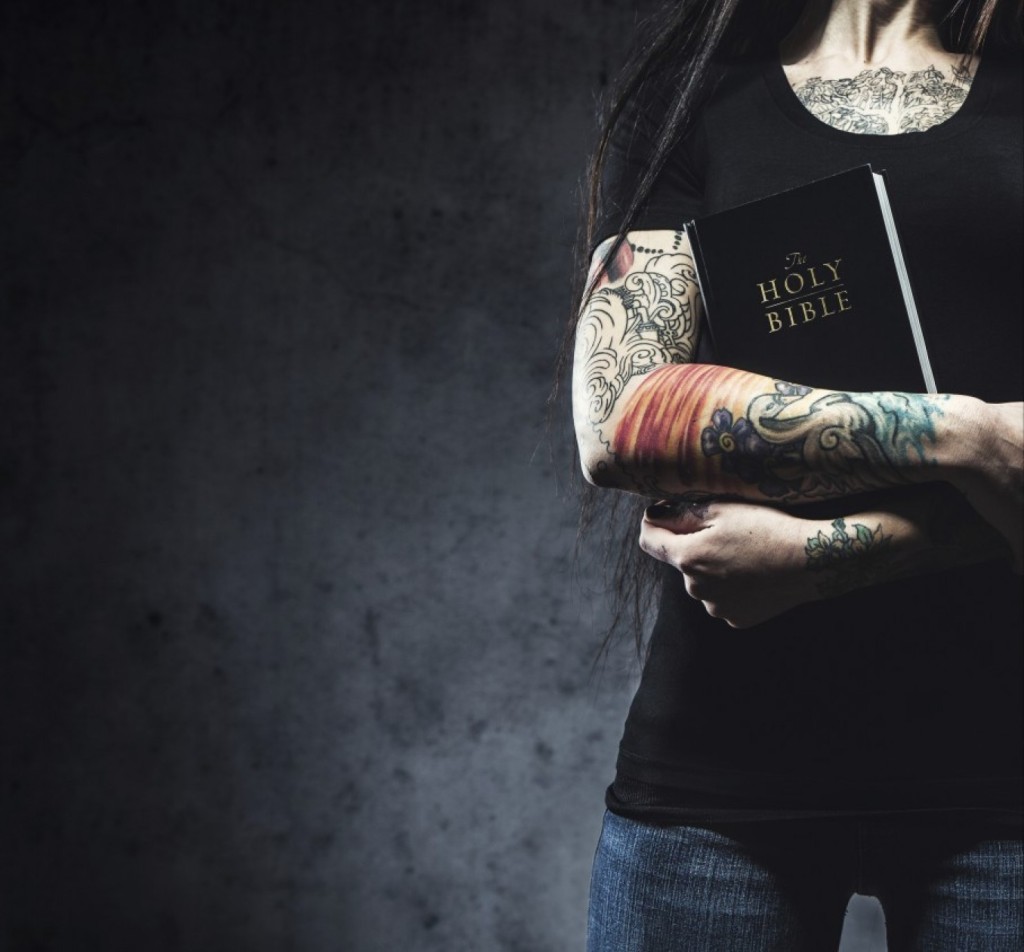My seminary – for which I have great love, within which I made fast friends and found colleagues, from which I was formed in worship in the Chapel of the Good Shepherd (what incredible symbolism in that name, alone) and in scholarship found in classroom and conversation – this seminary of long tradition (honored by many, ridiculed by others) is in a very difficult place, a different kind of trouble in these days.
I don’t know the details. I don’t, so I can’t bring myself to throw down the club of blame and accusation on either side. I have to wait. I know the Dean as a fellow seminarian. I know some of the faculty as teachers and mentors. I know them all, and respect them all. We not only studied together, but we lived together in the tight confines of the Close.
This is, I’m afraid, what tends to happen within institutions as they go through profound change. Frankly, this is what happens within communities and nations, too. We see it in our own politics, in the events in the Middle East, and in other graduate institutions, too. These types of things happen as a result of our very human nature – sources of great good and great evil, incredible creativity and deadening banality. This is way we need, frankly, the One who redeems and restores and saves us from the worst of our human nature, from ourselves – individually and collectively.
What we see happening at the General Theological Seminary of the Episcopal Church we will continue to see with increasing frequency and ferociousness until the turn comes. This is a microcosm of what is stating within the entire Church. How will we respond? The question asked within the title of a book by Francis Schaeffer comes to mind – “How should we then live?” This is the crux, isn’t it? How are we each to live out the commands of Jesus in this very difficult, but practical, situation? How will each of us love God with all of our being and then, and here is where the significance really finds it’s ground, how will we love our neighbors – deans and faculties and pundits all around?
Will GTS and will the entire Church make the decision to do the profoundly difficult thing, the profoundly counter-cultural thing, and be reconciled, be redeemed, be reformed, and be transformed in the glory of the grace and mercy and love and faithfulness shown to us by the One to whom we owe everything? We have a choice, don’t we? Frankly, we have to “man-up”, we have to “woman-up”, we have to “Christ-up” and do the right thing, else we are just another example of hypocrisy – a failed thought-system, a worthless religion. We know what we need to do, and with God’s help we can do it, if we are willing. Are we willing? If so, just watch what God will do! Amazing!

